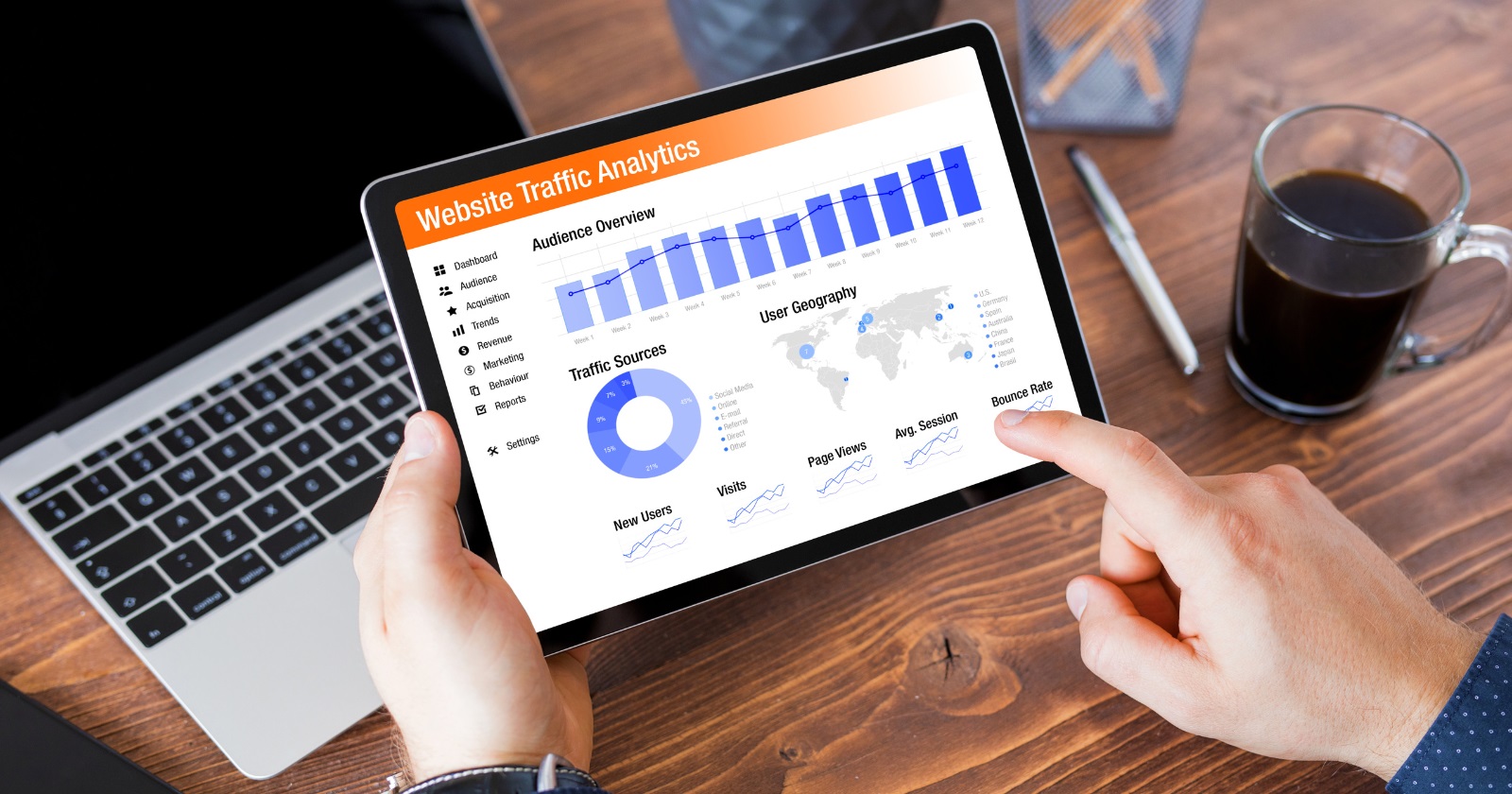Every business with an online presence aspires to rank high on Google’s SERP Tools. But the question is, how can you optimize your website to achieve that? Let’s unravel the answer step-by-step.
Understand the Basics of SEO
SEO or Search Engine Optimization is a prerequisite. It includes a series of strategies to improve your website’s visibility and ranking on search engine result pages. Whether proper keyword placement, high-quality content, or technical SEO, every element contributes to your website optimization.
Emphasize High-Quality Content
One of the cardinal rules of SEO is having high-quality content. Google’s algorithms value:
- Relevancy: Does your content align with the searcher’s intent?
- Freshness: Are you regularly updating your website with new content?
- Depth: Is your content providing comprehensive information on the topic?
These parameters will determine your content’s quality, impacting your ranking on Google’s SERP.
Leverage Keywords Wisely
Keywords are pivotal in optimizing your website. Start with thorough keyword research and focus on the following:
- Long-tail keywords: These are phrases with three or more words. They might have lower search volumes, but they cater to specific queries, thus often resulting in higher conversion rates.
- LSI (Latent Semantic Indexing) keywords are semantically related to your primary keyword. Using them helps Google understand your content better.
Remember to place your keywords naturally in the content, meta tags, URL, and alt texts of images.
Pay Attention to Technical SEO
While content and keywords are essential, technical SEO should be noticed. This involves:
- Site Speed: Ensure your website loads quickly. A slow website can result in a higher bounce rate, which may negatively affect your SERP ranking.
- Mobile-friendliness: In an era where mobile searches are predominant, your website must be mobile-friendly.
- Security: A secure website (HTTPS instead of HTTP) is trusted more by users and Google.
Work on Link Building
Links are among the top-ranking factors for Google. Link building should be a significant part of your SEO strategy.
- Backlinks: These are links to your website from other sites. Google views them as votes of trust, improving your SERP ranking.
- Internal links: These are links within your website, connecting your pages. They help Google understand the structure and context of your content.
Enhance User Experience (UX)
Finally, focus on User Experience. Google uses page experience, mobile-friendliness, safe browsing, and intrusive interstitial guidelines to determine a website’s overall UX. A better UX can lead to higher engagement and improved rankings.
In Conclusion
Understanding how to optimize your website to rank high on Google’s SERP involves a combination of strategic planning and execution. Remember, SEO is not a one-time task but an ongoing process. So, stay updated with the latest SEO trends and Google algorithm updates, and adjust your strategies accordingly.

